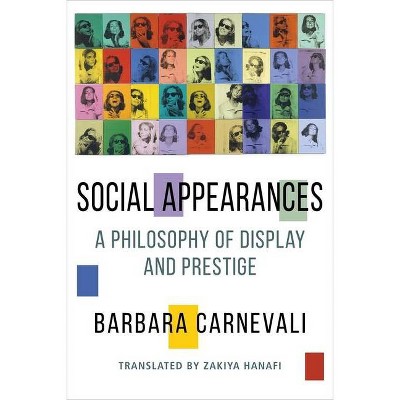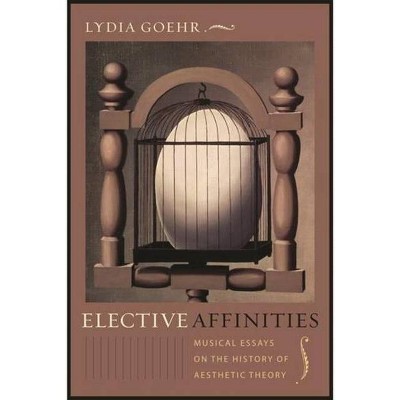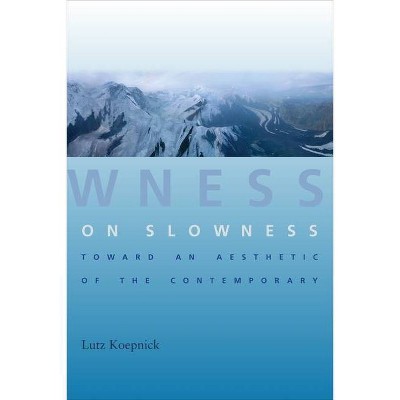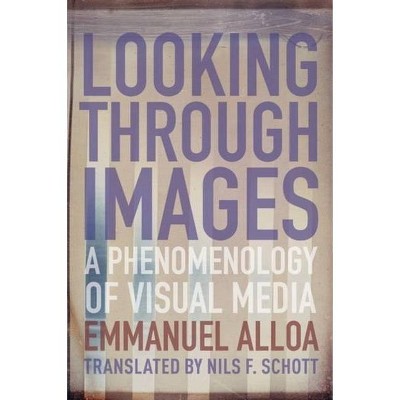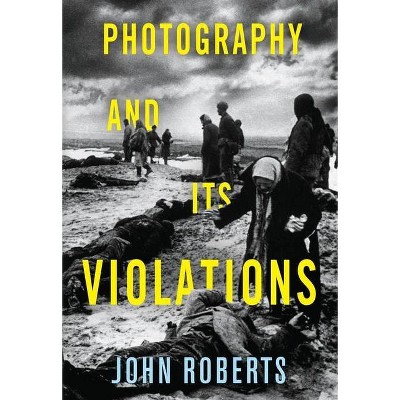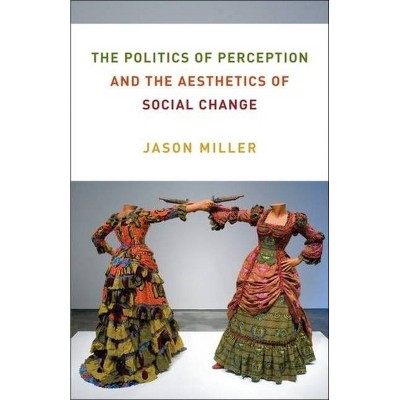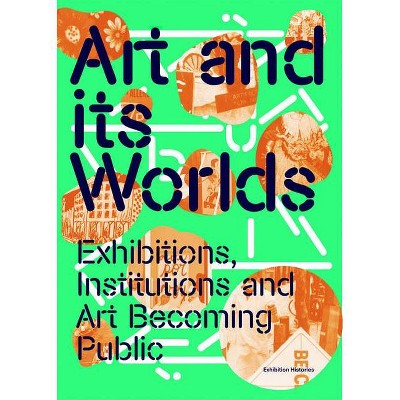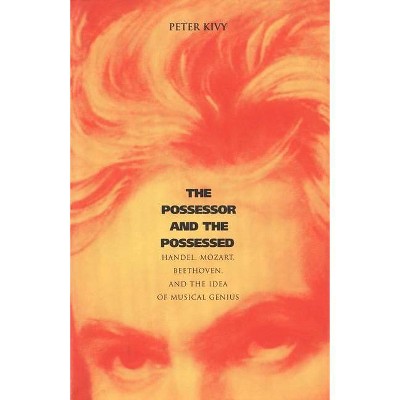Public Art and the Fragility of Democracy - (Columbia Themes in Philosophy, Social Criticism, and the Art) by Fred Evans (Paperback)
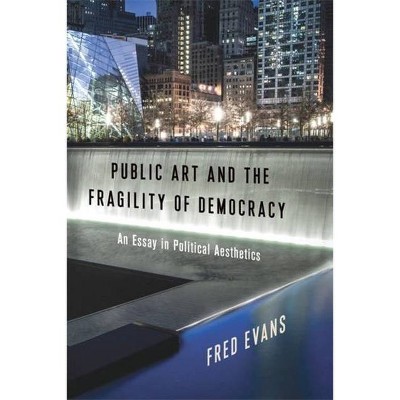
Similar Products
Products of same category from the store
AllProduct info
<p/><br></br><p><b> About the Book </b></p></br></br>Fred Evans develops philosophical and political criteria for assessing how public art can respond to the fragility of democracy. He calls for considering such artworks as acts of citizenship, pointing to their capacity to resist autocratic tendencies and reveal new dimensions of democratic society.<p/><br></br><p><b> Book Synopsis </b></p></br></br>Public space is political space. When a work of public art is put up or taken down, it is an inherently political statement, and the work's aesthetics are inextricably entwined with its political valences. Democracy's openness allows public art to explore its values critically and to suggest new ones. However, it also facilitates artworks that can surreptitiously or fortuitously undermine democratic values. Today, as bigotry and authoritarianism are on the rise and democratic movements seek to combat them, as Confederate monuments fall and sculptures celebrating diversity rise, the struggle over the values enshrined in the public arena has taken on a new urgency. <p/>In this book, Fred Evans develops philosophical and political criteria for assessing how public art can respond to the fragility of democracy. He calls for considering such artworks as acts of citizenship, pointing to their capacity to resist autocratic tendencies and reveal new dimensions of democratic society. Through close considerations of Chicago's Millennium Park and New York's National September 11 Memorial, Evans shows how a wide range of artworks participate in democratic dialogues. A nuanced consideration of contemporary art, aesthetics, and political theory, this book is a timely and rigorous elucidation of how thoughtful public art can contribute to the flourishing of a democratic way of life.<p/><br></br><p><b> Review Quotes </b></p></br></br><br>[An] important book [that] will interest political philosophers, art theorists, critics, and historians, but will also appeal to a broader audience of cultural theorists, sociologists, political scientists, and anthropologists of different theoretical persuasions.--Andreea Deciu Ritivoi "Radical Philosophy Review "<br><br>A genuine tour de force: a text at once immersed in the actual experience of public art, highly original in thought, while actively engaging the writings of others on such art. The reader comes away not only with new ways to appreciate public artworks--which are too often taken for granted by the viewing public--but with new inroads into the meaning of citizenship and democracy which these works set forth.--Philosophy Today<br><br>Impressively argued and researched.--Notre Dame Philosophical Reviews<br><br>Combining stimulating commentaries on art with insightful analyses of contemporary philosophers, <i>Public Art and the Fragility of Democracy</i> is a major contribution to the ongoing debates about the nature of democracy. In a way that is immensely compelling, Evans shows how works of public art might (or might not) qualify as acts of citizenship in democracy. <i>Public Art and the Fragility of Democracy</i> is a book I wish I had written.--Leonard Lawlor, author of <i>From Violence to Speaking Out: Apocalypse and Expression in Foucault, Derrida, and Deleuze</i><br><br>In this thought-provoking book, Fred Evans asks which public artworks constitute acts of democratic citizenship and which serve autocratic tendencies, and proposes a philosophical criterion for assessing public artworks as acts of citizenship. The field and subject of public art is in particular need of critically engaged analysis, and this book is particularly strong when Evans merges close visual and material observation of public art with close critical analysis.--Erika Doss, author of <i>Memorial Mania: Public Feeling in America</i><br><br>Professor Fred Evans's closely argued book on the public object exposes the fragility of democratic discourse in its relation to image and monument. Democracy does not find a voice in public art but instead it is the public object that gives form and space to the symbolic imagination. Public art is not about the placing of a more or less beautiful object in a public space. It is instead, the struggle for space and object to find resonance with communal conversations of place and therefore the shared languages of togetherness and difference.--Anish Kapoor, winner of the Turner Prize<br><br>This book is a critically needed study in political aesthetics addressing complex connections between democracy, citizenship, and public art. Its systematic analysis and criticism of selected artistic projects, and ideas from such thinkers on democracy as Badiou, Derrida, Deutsche, Fraser, Lefort, Rancière, and Rawls, make this book an excellent companion to our intelligent thinking regarding the meaning and value of public art as 'acts of citizenship.'--Krzysztof Wodiczko, recipient of the Hiroshima Art Prize<br><p/><br></br><p><b> About the Author </b></p></br></br>Fred Evans is professor emeritus of philosophy at Duquesne University. He is the author of <i>Psychology and Nihilism: A Genealogical Critique of the Computational Model of Mind</i> (1993) and <i>The Multivoiced Body: Society and Communication in the Age of Diversity</i> (Columbia, 2009) and coeditor of <i>Chiasms: Merleau-Ponty's Notion of Flesh</i> (2000).
Price History
Price Archive shows prices from various stores, lets you see history and find the cheapest. There is no actual sale on the website. For all support, inquiry and suggestion messages communication@pricearchive.us
